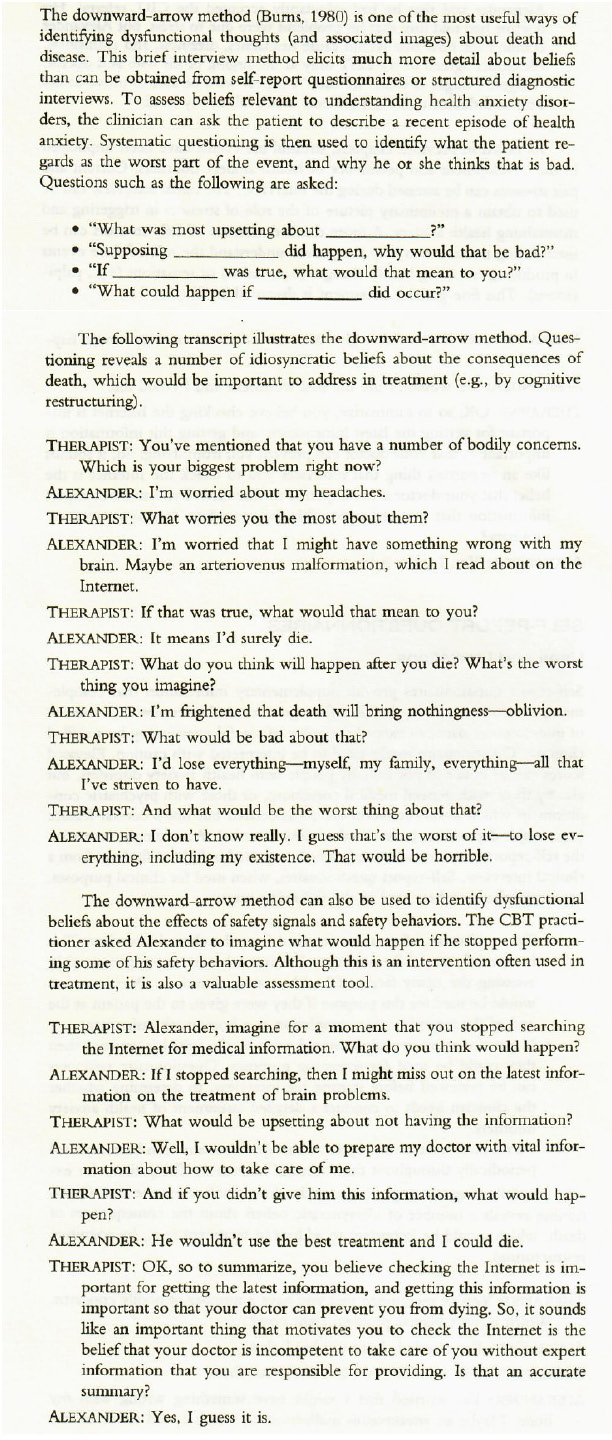| Login | ||

Healthcare Training Institute - Quality Education since 1979
CE for Psychologist, Social Worker, Counselor, & MFT!!

Section 11
Anxiety Treatment
This content is intended for
Social Workers, Couneslors, MFT's, and Psychologists
Question
11 | Test | Table of Contents
The content below was not available in digital format.
To increase text size, maximize window then click Ctrl +

Taylor, S. & Asmundson, G., J. G. (2004). Treating Health Anxiety: A Cognitive-Behavioral Approach. New York, NY: The Guilford Press. 100-102.
Update
Anxiety Disorder: Current Treatments
and What's on the Horizon
Kenda, M., Kočevar Glavač, N., Nagy, M., & Sollner Dolenc, M. (2022). Medicinal Plants Used for Anxiety, Depression, or Stress Treatment: An Update. Molecules (Basel, Switzerland), 27(18), 6021.
Peer-Reviewed Journal Article References:
Beaudreau, S. A., Otero, M. C., & Mashal, N. M. (2020). Taming the beast: A commentary on “The effects of different types of treatment for anxiety on repetitive negative thinking: A meta‐analysis”. Clinical Psychology: Science and Practice, 27(2), Article e12333.
Goetter, E. M., Frumkin, M. R., Palitz, S. A., Swee, M. B., Baker, A. W., Bui, E., & Simon, N. M. (2020). Barriers to mental health treatment among individuals with social anxiety disorder and generalized anxiety disorder. Psychological Services, 17(1), 5–12.
Otto, M. W., & Smits, J. A. J. (2018). Anxiety sensitivity, health behaviors, and the prevention and treatment of medical illness. Clinical Psychology: Science and Practice, 25(3), Article e12253.
QUESTION
11
To assess beliefs relevant to understanding health anxiety disorder, the clinician can assk the patient to describe a recent health anxiety episode. Systematic questioning is then used for what purpose? To select and enter your answer go to Test.

